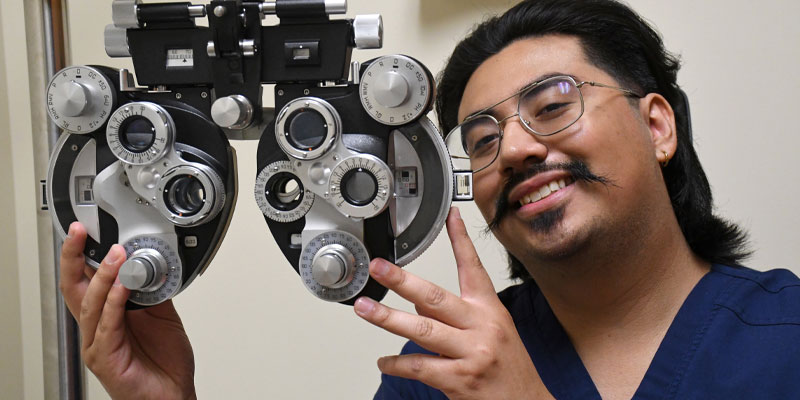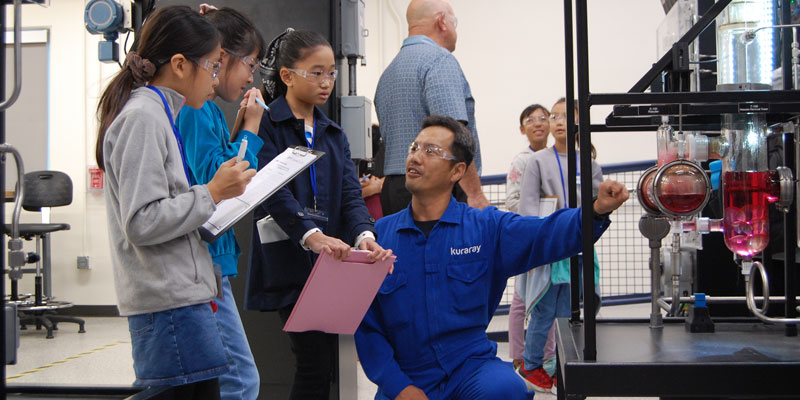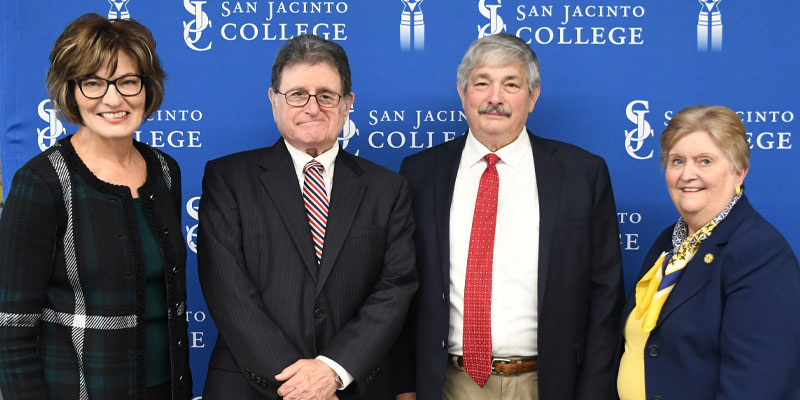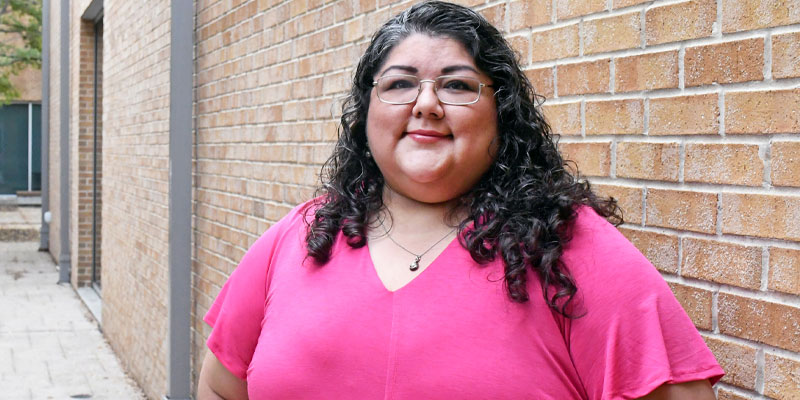
“Transfer … is that some kind of payment sent to your bank?”
Crystal Ramirez Moreno, San Jacinto College transfer pathway coordinator, understands students’ confusion. The transfer process can seem puzzling, especially if you don’t even understand the term. So she’s used to explaining what transferring means and how to navigate the process.
At San Jac, you not only get a high-quality education but also cut your tuition costs by thousands as you complete an associate/two-year degree, the first half of a bachelor’s degree. If you’re starting at San Jac or considering coming here, Moreno shares what you need to know about transferring your college credits or associate degree toward a higher degree at a university.
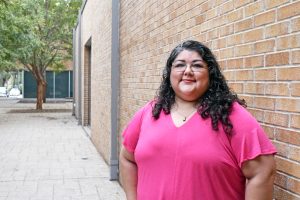
Crystal Ramirez Moreno
Q: Is there more than one way to transfer from San Jac to a university?
A: There are multiple ways. You can earn a full associate degree here start to finish. Or with “reverse articulation,” you can transfer to a university and take your remaining classes there to complete an associate degree and send that information back to San Jac to finalize your degree.
There’s also “dual enrollment.” If you have only a few classes left to finish your associate degree, you can enroll early at a university while finishing your program at San Jac.
Q: How can San Jac help me transfer?
A: You will have a program advisor assigned to you based on your chosen program of study. This advisor can help answer questions about different majors, classes, career paths, and even university transfer options. As you get to know your advisor, you will become more aware of drop deadlines, registration timelines, and even available scholarships or internships. Your advisor can also help you learn about universities with strong programs in your major or unique experiences like study abroad or summer camps. Your advisor is a great advocate to have on your side!
Q: What’s one of the biggest challenges students face?
A: Decision fatigue. With a wide array of options and many institutions having your major, you can have trouble deciding where to transfer. You also have to look at your finances and figure out how you’ll get to the new school. Students are often paralyzed about deciding. But remember, your decision isn’t permanent. You can change later if you need to.
Q: If you could give me one tip, what would it be?
A: Start early. Students often think, “Once I complete my degree, then I can look at transferring.” But even the first semester — when classes aren’t as challenging — is a good time to start the conversation with your program advisor, do campus tours, and attend transfer fairs. In your third and fourth semesters, homework and exams are harder to plan around.
Q: How can I get ready for a university?
A: Once you decide on a university, you’ll work with your program advisor to map out courses needed for that major at that school — and the right classes that will meet San Jac’s requirements to earn an associate degree. Do a university campus tour or virtual visit with the admissions office to get a feel for what the school is like and connect with the academic department.
Finally, have conversations with your support structure at home and San Jac — your family, friends, and professors. Make sure you’re setting yourself up for the rigor of university.
Q: Anything else I should know?
A: San Jac is here to support you — whether you need mental health counseling or groceries through our San Jac Marketplace. But from one school to the next, you’ll have support to reach your goals. Your university will also help with things like counseling and food.
Learn more about transfer support at San Jac.
Did you know?
If you’re pursuing nursing, education, or cybersecurity, you may not need to transfer to another school. San Jac now offers three affordable bachelor’s degree programs you can enter after completing related associate degrees:
- Bachelor of Science in Nursing
- Bachelor of Applied Science in Education with early childhood education emphasis (starting spring 2024)
- Bachelor of Applied Technology in information technology with cybersecurity emphasis* (starting fall 2024)
*Pending approval by the Southern Association of Colleges and Schools Commission on Colleges
By Courtney Morris

